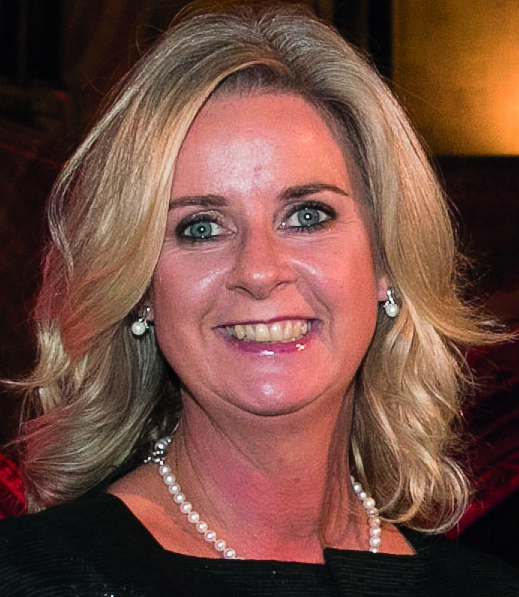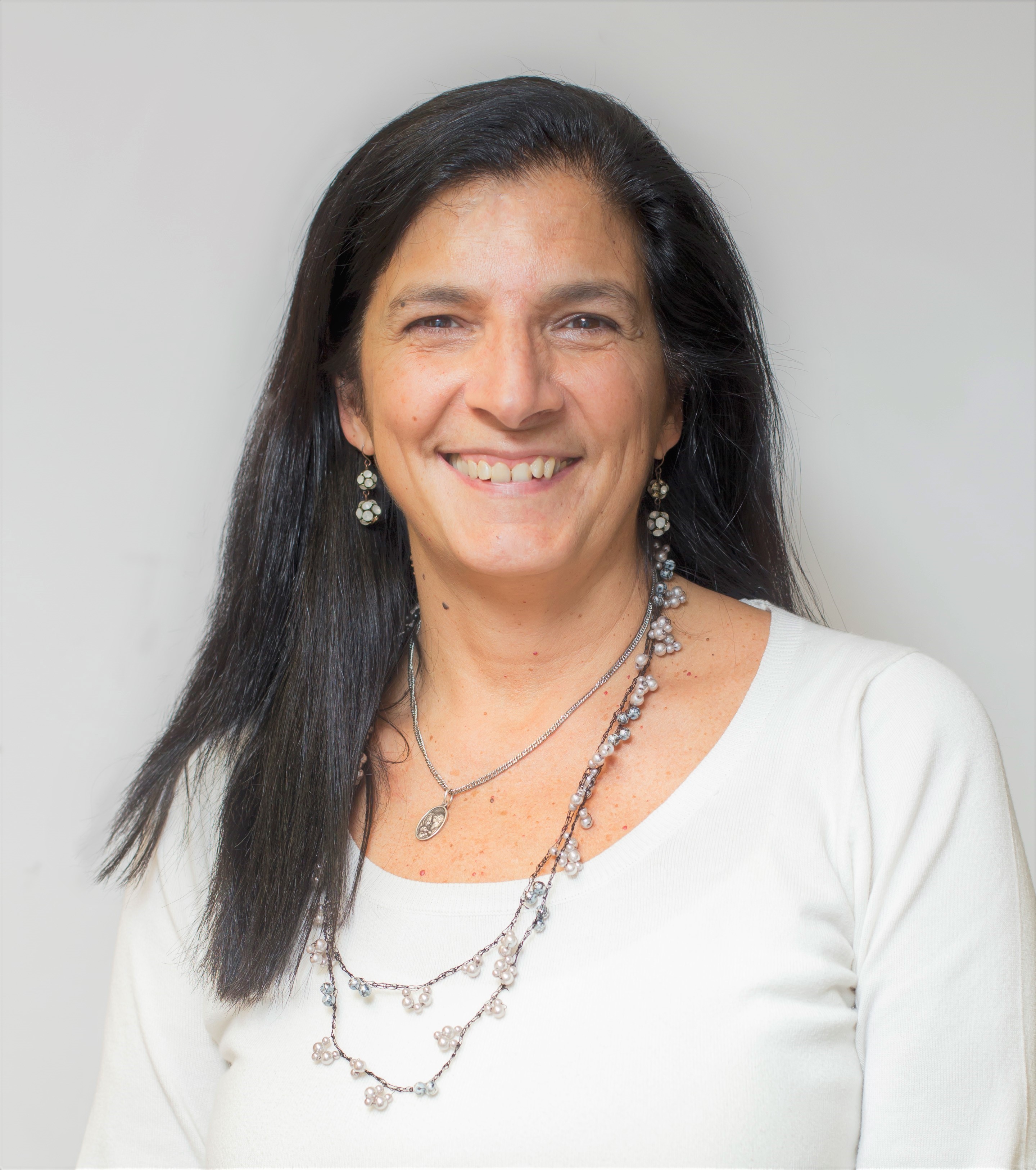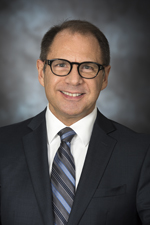Strategies for Building the Engaged University
Most universities can point to many community engagement programs and projects taking place on their campuses. However, there is a difference between a university with community engagement programs and an “engaged university”. In this session, we examine what the research tells us regarding the critical elements that are essential for building the engaged university. We explore the policies, infrastructure, culture, and leadership that are needed to move an institution from being a university with community engagement projects to becoming a fully engaged university. We also discuss the important and critical role that service-learning plays in creating the pathway for institutions of higher education to become engaged universities.
You can download the record of the keynote here.
14th of July 2020 15,30 - 16,30
Andrew Furco
Andrew Furco is Associate Vice President for Public Engagement at the University of Minnesota, where he also serves as Professor of Higher Education. His research and publications explore various issues regarding the impact, implementation, and institutionalization of community engagement, service-learning and community engagement in primary, secondary, and higher education in the U.S. and abroad. His publications include more than 100 journal articles, book chapters, and monographs on the subject. He teaches courses on the role of community engagement and experiential learning in educational systems. Prior to arriving at the University of Minnesota, he worked at the University of California-Berkeley (1994-2007) as the founding director of the University’s Service-Learning Research and Development Center and as a faculty member in the Graduate School of Education. He has given presentations and workshops on community engagement and service-learning at national conferences in over 20 countries, and in 2016 he was inducted as a member of the U.S. national Academy of Community Engagement Scholarship. He is the associate editor for research for the Journal of Higher Education Outreach and Engagement, and serves on the editorial board for RIDAS —Revista Iberoamericana de Aprendizaje Servicio, the first Spanish-language research journal for service-learning. Currently, he serves on the boards of several international and national associations focused on advancing research and practice of service-learning. He is currently leading an effort for the International Association for Research on Service-Learning and Community Engagement (IARSLCE) to develop a service-learning and community engagement Global Research Agenda for the Next Ten Years, which will be presented at IARSLCE’s 20th anniversary conference in November 2020.
Strategies for Building the Engaged University – Perspectives from Europe and Ireland
This keynote address will explore the rationale for implementing civic engagement at the National University of Ireland, Galway and from perspectives into three other European case studies, namely England, Croatia and the Belgium stemming from qualitative research. This keynote address aims to highlight how history, culture and context play a fundament role in terms of creating more nuanced approaches to the engaged university. It will also make the case that implementation of a pedagogy of engagement is a highly localised process and involves a paradigm shift in student learning, academic practice, research practice and in the strategic direction for the institution. However, it will also point to some common trends in terms of strategically embedding a culture of engagement including the development of a community of practice approach (Wenger, 1998), the pivotal nature of formal and informal policies and committed leadership, to mention just three. This presentation is informed by ongoing qualitative research and professional self-reflection as a ‘Campus Cartographer’ (McIlrath, 2019) on the process of developing engaged and enduring relationships with the community through service learning to realise the engaged university.
You can download the record of the keynote here.
15th of July 2020 10,00 - 11,00
Lorraine McIlrath

Since 2004, Dr. Lorraine McIlrath has coordinated the Community Knowledge Initiative (CKI) at the National University of Ireland Galway. There she is responsible for developing and supporting civic engagement activities across the university, with the CKI team, including service learning and student volunteering. Over the last two decades Lorraine has led and developed a number of national and international projects to further the civic and social role of higher education within society. From 2007 to 2012, she founded and was Principal Investigator (PI) of Campus Engage funded origionally by the Higher Education Authority (national Irish network to support civic engagement within higher education). Campus Enage is now a mainstream national programme and is based at the Irish Universities Association (IUA). She currently co-leads a national project to pilot the Carnegie Foundation Framework for Community Engagement in partnership with the University of Massachusetts and Merrimack College Boston supported by the Ireland Funds and the Talloires Network. She developed the opening of a new communtiy cafe concept based at ILAS called Saol Cafe (Irish for Life) in partnership with SCCUL Enterprises.giving people marginalised from employment an opportunity to work. She has keynoted on her work around the world, from the USA to Saudi Arabia to Spain to Australia. She is a founding member partner in a nine university EU Tempus Funded Project to support the introduction of service learning to five universities in Jordan and Lebanon entitled the Tawasol Project. In 2014 she was elected to the Steering Committe of the Talloires Network. She co-directed the Europe Engage Project in partnership with the Autonomous University of Madrid. She has consulted for the British Council in Russia - supporting the development of the College for Multicultural Education in Sochi and worked for the Higher Education Consortium for Urban Affairs (HECUA) as Programme Director in Northern Ireland. She spent a decade in Northern Ireland lecturering at the University of Ulster's UNESCO Centre teaching courses on the Northern Ireland conflict and peace process and in an action research project exploring peer mediation as a process for conflict resolution with the EMU Peer Support Project. In addition, she was worked on the development of the Northern Ireland curricula framework for ‘Local and Global Citizenship' in partnership with the Citizenship Foundation, UNESCO Centre and CCEA. Lorraine has published on the broad theme of civic engagement and higher education in books and journals and is co-editor of a number of books including Mapping Civic Engagement within Higher Education in Ireland (2009), National Survey of Civic Engagement within Higher Education in Ireland (Campus Engage 2011), Civic Engagement and Higher Education - Comparative Perspectives (2012), Higher Education and Community Based Research (2014), and recently published Embedding Service Learning in European Higher Education - Developing a Culture of Civic Engagement (2019). She is peer reviewer on a number of higher education journals and reviews a number of international university civic engagement awards.
Solidarity as a concept for Engaged University – experiences from Latin America
Words convey different meanings, histories, and cultural backgrounds in different parts of the world, and diverse theoretical roots and frameworks from different regions may enrich the global reflection on Community Engagement. In Latin America, we talk about “Solidarity” to describe the “encounter”, committed and responsible to each other’s needs, respectful of their dignity and their culture. It is an open kind of solidarity, horizontal, sensitive to injustice and poverty, active and transforming. The concept of “solidarity” and its relevance for quality service-learning practices will be analyzed as a pedagogical approach to promote an Engaged University, and theory will be illustrated with service-learning experiences from Latin America.
You can download the record of the keynote here.
15th of July 2020 14,00 - 15,00
María Rosa Tapia

A member of the Latin American Center for Solidarity Service Learning (CLAYSS) since its foundation in 2002, María Rosa Tapia has been an active promoter of service-learning and the integration of technology in educational projects. She has coordinated the Youth Volunteer Program for the Americas "PaSo Joven", the Distance Education Courses and the Solidarity Schools Support Program from CLAYSS. She taught service-learning courses and workshops for educational institutions and social organizations in Latin America and the Caribbean, the United States, Spain, Bosnia and Herzegovina, Kenya and South Africa. She is currently the Higher Education Coordinator with the Service-Learning in Catholic Higher Education Programme "Uniservitate". At the University of Buenos Aires, she is responsible for the Faculty Training on Educational Social Practices at the Academic Affairs Secretariat.
Bachelor of Education, Instructional Designer in Educational Technology (San Diego State University), Specialist and Master in Educational Technology (University of Buenos Aires). Her thesis for the Master's Degree in Educational Technology at the University of Buenos Aires was entitled "Information and Communication Technologies in the Development of Solidarity Service-Learning Projects".
